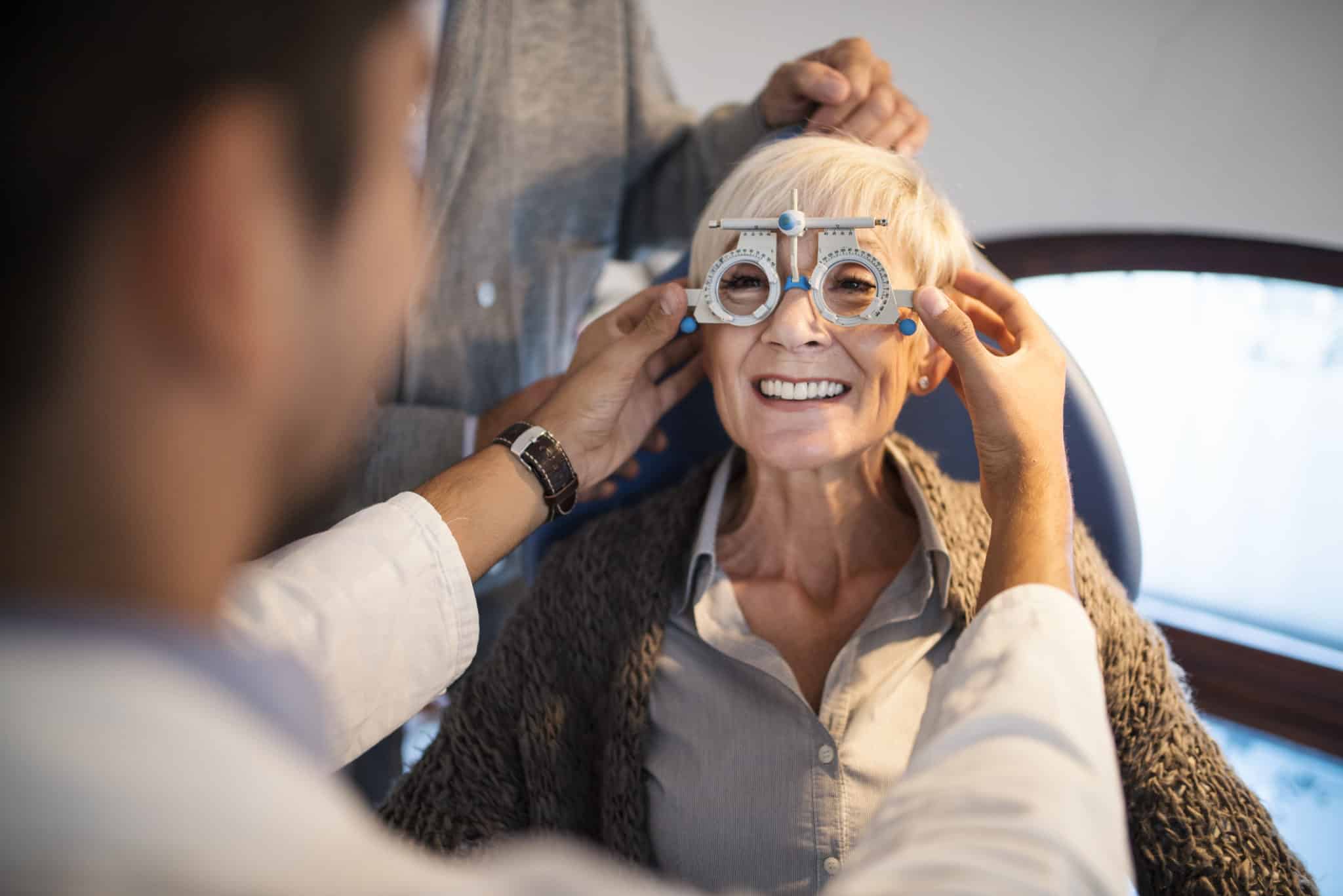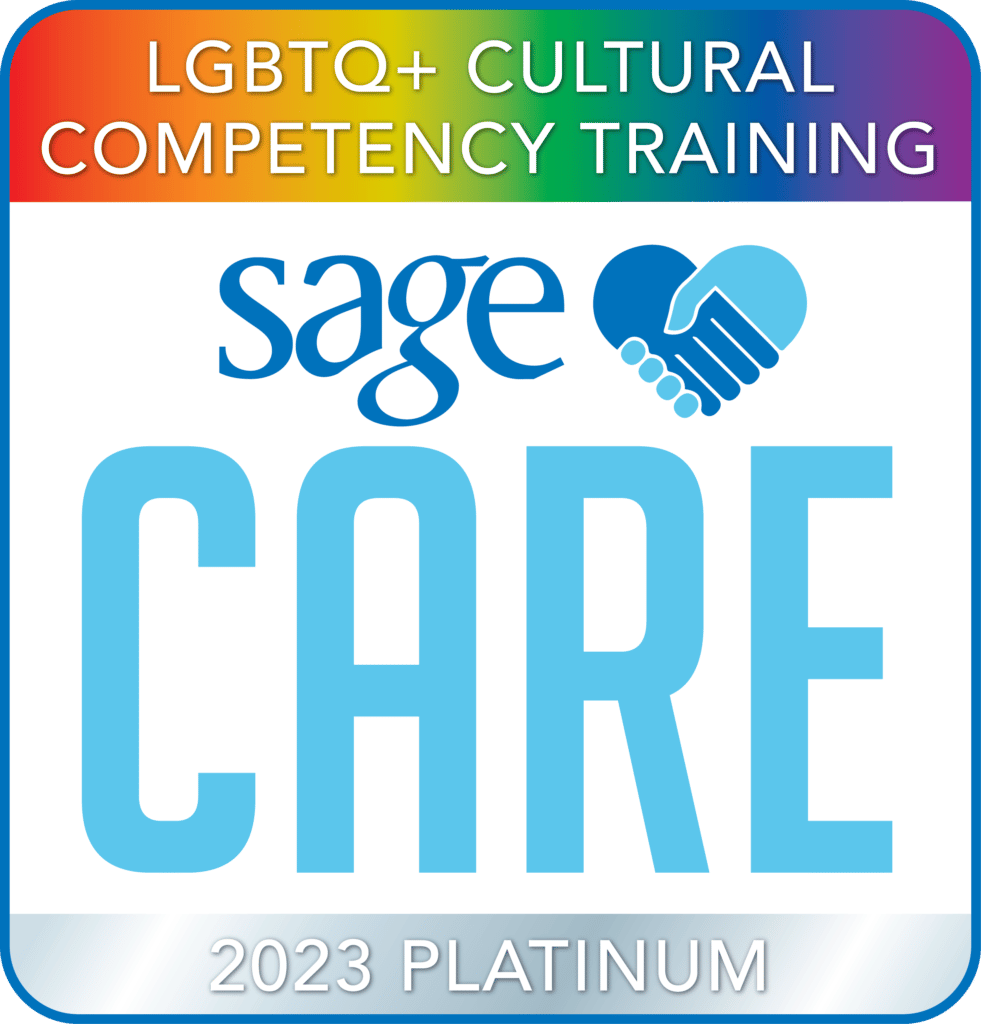6 Lifestyle Changes to Save Your Vision

March is Save Your Vision month, the perfect time for HomeWorks, our in-home care program, to raise awareness about the importance of eye health and give useful tips for protecting your vision.
Why Does Save Your Vision Month Matter?
According to a study by NASEM (National Academies of Sciences, Engineering, and Medicine), adults aged 40 years and older are at greatest risk for vision problems. While this fact sounds scary, the real concern is that a significant portion of these eye health problems can be addressed, treated, or even prevented.
Save Your Vision month, which became a national observance in 1963, focuses on sharing important information that can save one of our most important senses.
So, How Can You Save Your Vision?
- Wear good quality sunglasses. UV damage from sunlight can cause a wide range of vision problems, including cataracts, macular degeneration, pterygia, and pinguecula. Look for sunglasses that block between 99 and 100% of UVA and UVB rays, and screen out 75 to 90% of visible light. Polarized lenses are a good investment if you enjoy outdoor activities and spend a good amount of time outdoors.
- Eat more seafood. Seafood, especially oily fish like mackerel, sardines, tuna and bluefish, is high in omega-3 fatty acids, which support heart, brain and eye health. In fact, a study published in the 2011 Archives of Ophthalmology showed that people who ate oily fish once a week reduced their risk for age-related macular degeneration by about 42%. For vegetarians, you can get your omega-3s from chia seeds, Brussels sprouts, walnuts, avocados, flaxseed and algae supplements.
- Don’t forget your fruits and vegetables. Green, leafy vegetables are high in nutrients that support the health of your eyes and healthy blood circulation. Spinach, broccoli, and kale are good vegetables to prioritize.
- Be screen-healthy. Watching a screen for too long or too closely results in eyestrain, headaches, blurred vision, and difficulty focusing. Always keep a screen at least an arm’s length away from your eyes, and handheld devices around 16 inches away. For use, limit yourself to the 20/20/20 rule. This means that after every 20 minutes of looking at a screen, look up at an object 20 feet away for 20 seconds to relax your eyes.
- Monitor other health conditions. Certain health conditions like diabetes, hypertension, autoimmune conditions, and liver disease can also affect your vision and eye health, so it is important to make sure to secure effective professional treatment. If you notice any signs of eye health deterioration, speak to your doctor as soon as possible.
- Go for regular eye exams. An eye exam is a simple, painless process that allows your optometrist or ophthalmologist to check your eye heath thoroughly. Some eye conditions can be almost unnoticeable at first, but these tests can pick them up in their early stages and ensure you get the best treatment as fast as possible.
Need Compassionate, Qualified Caregivers? Our At Home Care Agency in NJ can Assist You
Whether you need a permanent home health aide services in New Jersey or need someone qualified and experienced to assist your loved one temporarily with respite care, we are here to help through our HomeWorks program. Our certified staff in New Jersey has training and experience in homecare for older adults, including assisting Alzheimer’s and dementia patients. So please feel free to ask for formal certification and references.
For more information on our home aide services in New Jersey, please contact us today or visit our website at https://umcommunities.org/homeworks/elderly-home-health-care-nj/






